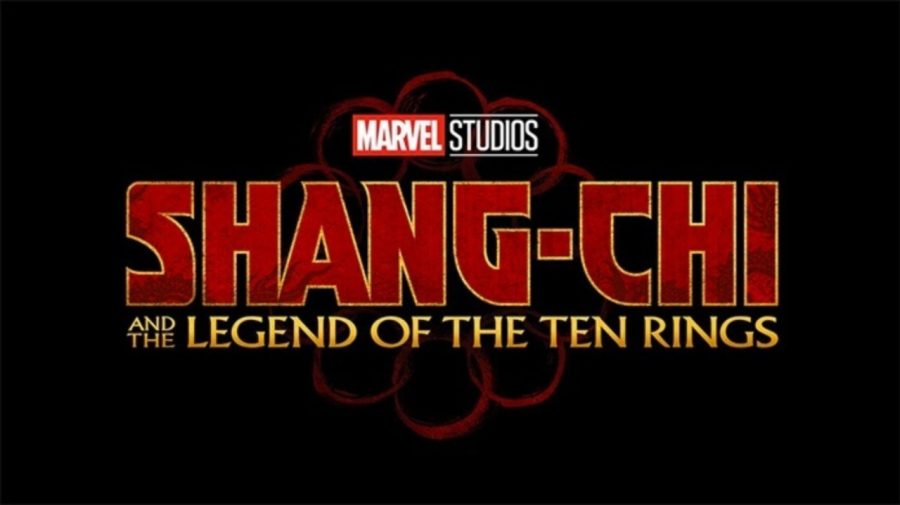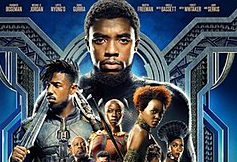China censors Marvel’s ‘Shang-Chi and the Legend of the Ten Rings,’ despite overwhelmingly positive response to studio’s first film featuring predominantly Asian cast
Image used with permission from Google Commons
Marvel Studios’ logo for their film ‘Shang-Chi and the Legend of the Ten RIngs’
This September, Marvel released Shang-Chi and the Legend of the Ten Rings, the studio’s first film with a predominantly Asian cast. It is a modern retelling of the little-known story of Shang-Chi, a Marvel character originally created in 1973 who was surrounded by racist tropes.
The early original Shang-Chi comics were filled with stereotypes. According to NBC, “the characters were portrayed in unnatural yellow tones. Shang-Chi’s father, a power-hungry villain named Fu Manchu, has been criticized as a symbol of “yellow peril,” a xenophobic ideology originating in the 19th century in which Asians, especially Chinese, were viewed as a threat to Western existence.”
Despite the superhero’s prejudiced origin, the creators of Shang-Chi worked hard to break out of harmful Asian stereotypes in the 2021 film and had a positive global response. New York Times movie review journalist Robert Ito, in his review of ‘Shang-Chi’ said, “The creators were so conscious of all the preconceptions they were up against that they even made a list of Hollywood stereotypes about Asians that they hoped to dispel.”
The movie has been acclaimed for its Asian representation, as it is Marvel’s first Asian superhero movie. It includes big names in Asian cinema like Michelle Yeoh and the Hong Kong superstar Tony Leung. Ito said that the movie is “Marvel’s first and only superhero film starring an Asian lead, with an Asian American director and writer, and based on a character who was actually Asian in the original comic.”
Asian American New York Times journalist Jeff Yang discusses the importance of Shang-Chi for on-screen representation of Asian-Americans in his opinion article for The New York Times. He said, “Shang-Chi isn’t the first Asian protagonist we’ve seen on a screen. But as a big-budget, big-screen Marvel superhero, he’ll be ubiquitous. Superheroes today are on every screen, device and platform, visible to every demographic in our society. Shang-Chi will usher in the next cinematic phase of the most successful franchise in global history.”
The movie was a smashing success globally, leading the North American box office for four weeks straight after its release. According to NBC, the film “has been a hit with global audiences, having earned more at U.S. theaters than any other movie during the coronavirus pandemic and grossed more than $366 million worldwide since it was released early last month.”
The film has been largely unable to reach audiences in China. As U.S. tensions and nationalism rise in China, Shang-Chi is the latest U.S. release not to make it past Chinese censorship. According to NBC, “officials haven’t said why ‘Shang-Chi’ has no release date, and the propaganda department of China’s ruling Communist Party, which regulates the country’s film and TV industry, didn’t respond to a request for comment.”
Your donation will support the student journalists of Thomas S. Wootton High School. Your contribution will allow us to purchase equipment and cover our annual website hosting costs.
Senior Isaac Muffett is the opinions editor in his fourth year on the Common Sense staff. When he's not writing or researching, he spends his free time...









